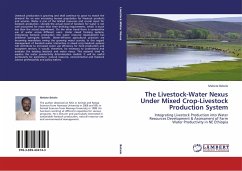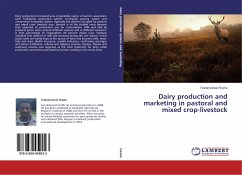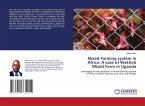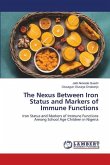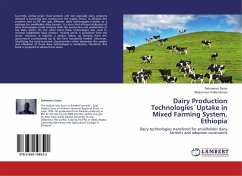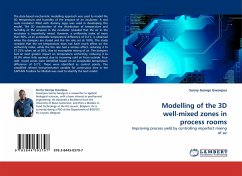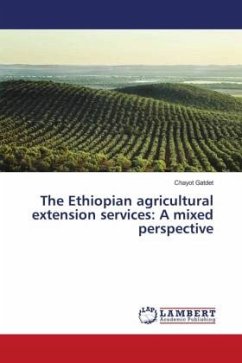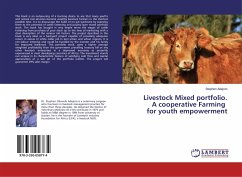Livestock production is growing and shall continue to grow to match the demand for an ever increasing human population for livestock products and services. Water is one of the limited resources and crucial input for livestock production. Literally the actual need of livestock for water is not well accounted for more than their drinking requirements, which is much less than the actual requirement. On the other hand there is competitive use of water across different users. Under mixed farming systems, integrating livestock production into water resource development has delivered synergistic benefit. Water-efficient agricultural practices are becoming mandatory owing the growing water scarcity. In this regard management of livestock-water interaction in mixed crop livestock systems will contribute to increased water use efficiency for food production and ecosystem services. It would, therefore, be necessary to understand and evaluate the existing livestock and water nexus. This material tried to explore the water productivity determination models. It will be useful particularly for agriculture, natural resource, environmental and livestock science professionals and policy makers.

